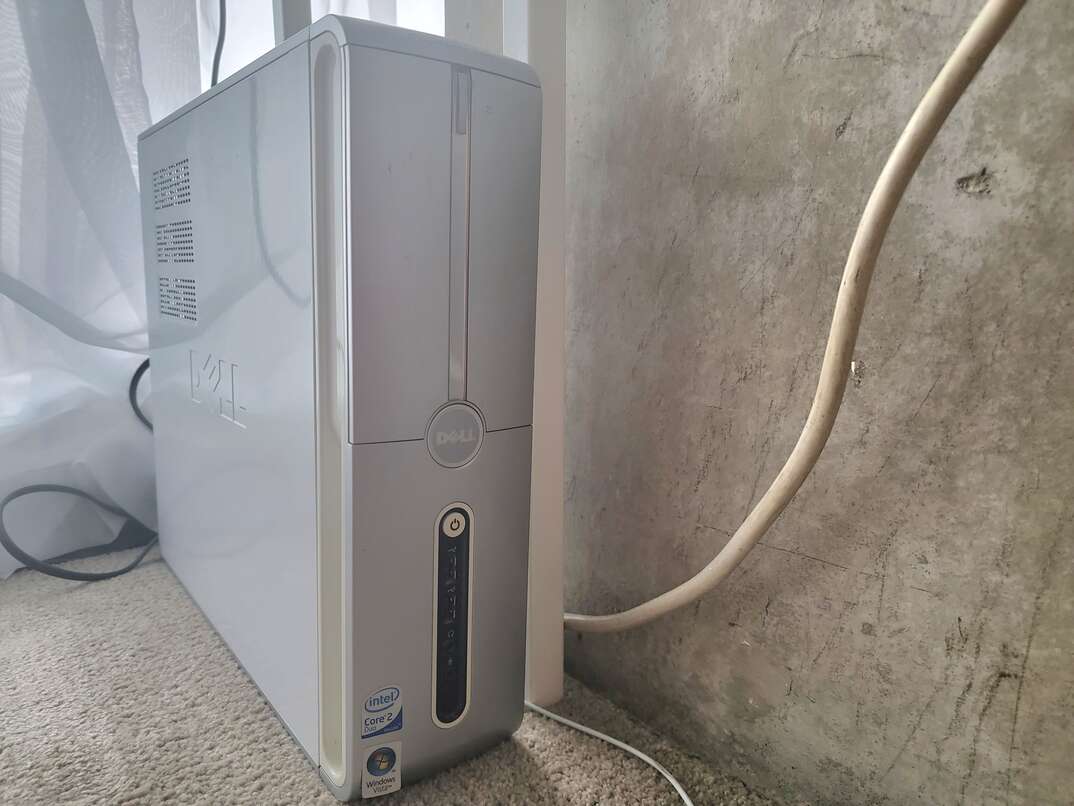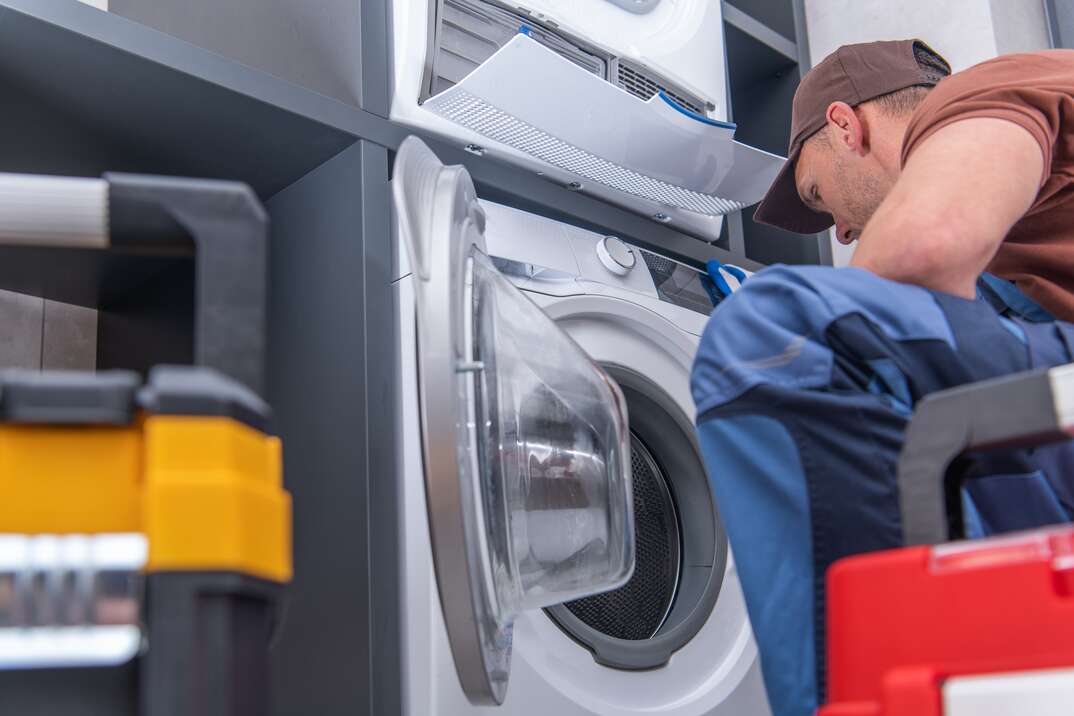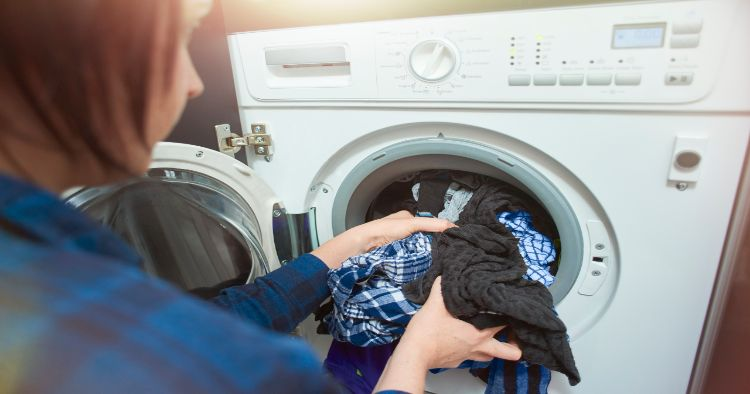How to Spot Trouble With Your Fridge Before a Major Leak
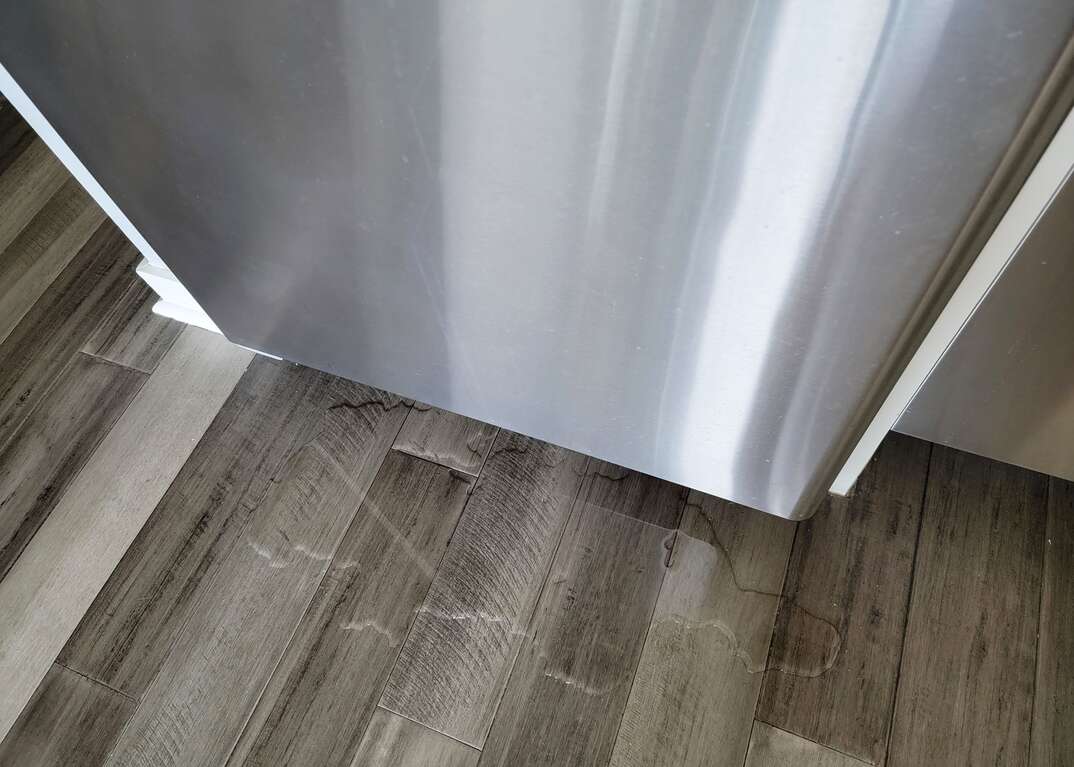
A refrigerator is one of the priciest appliances you’ll buy for your home. With such an investment, it makes sense to wonder how to keep it functioning at its best. You may be especially on-edge once that initial warranty runs out. And you aren’t crazy for fretting. Fridges do have issues, and the adage is true: They just don’t make them like they used to.
This May Also Interest You: How Long Do Appliances Last?
One of the top concerns is a refrigerator leaking water. While not all leaks mean you’ll have to shell out the big bucks for repairs, major leaks are certainly something to address ASAP. Pooling water can lead to costly damages to your floors and can also be a safety hazard.
But what if you could catch the leak before it becomes a big, slippery mess on your prized hardwoods? Oftentimes, your fridge will give you hints beforehand to let you know that something isn’t quite right. Read on to learn why a refrigerator might leak, along with ways to spot the problem before your fridge starts seeping water onto the floor.
Why Do Fridges Leak?
Unfortunately, there is no one simple answer to this question, as fridge leaks are caused by many different culprits. Still, it helps to understand the most common reasons behind a leaking refrigerator, so that you can attempt to solve the problem before it gets worse.
Reason 1: Clogged Defrost Drain
If your fridge is leaking water inside and collecting at the bottom below the produce drawers, the issue is likely a clogged defrost drain. To remedy this, you can try unclogging the drain hole in the back of the fridge compartment using a Q-tip or wire hanger to clean out any accumulated debris. Just make sure to either unplug the fridge or shut off the power before attempting this strategy.
Reason 2: Frozen or Damaged Water Supply Lines
If the water supply line freezes, it can sometimes cause water to leak under the refrigerator. If the line is frozen, the ice maker and water dispenser will act up, too. Check to make sure your freezer isn’t set at too cold a temp, and if the issue persists, you can try defrosting a line with a hairdryer. You’ll also want to check to make sure the lines aren’t loose or cracked while you’re back there.
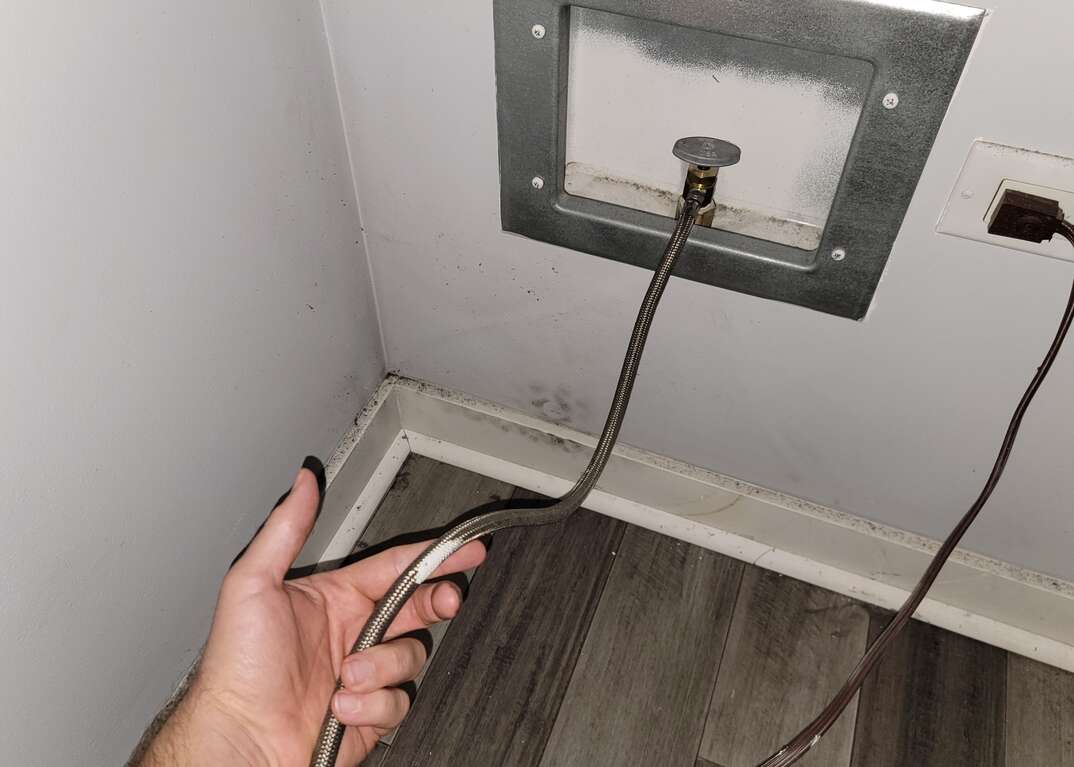
Reason 3: Damaged or Unlevel Drain Pan
Drain pans are typically housed at the bottom front of a fridge and collect a refrigerator’s condensation. However, if a drain pan is cracked or for some reason unlevel, it can lead to your refrigerator leaking water on the floor. Luckily, this can be easily solved by either leveling your fridge or purchasing a new drain pan.
Reason 4: Freezer Problems
If it seems like your freezer is leaking water, it’s most likely due to one of two things: a poorly sealed freezer door or a frozen or clogged defrost drain tube. Start by ensuring the door seals securely when shut, then try cleaning the defrost drain hole with a warm washcloth.
More Related Articles:
- How Much Does a Fridge Cost?
- Can You Keep a Fridge in Your Garage?
- What Temperature Should Your Fridge Be?
- How to Find and Clean Your Refrigerator Drip Pan
- Will the Fridge Fit? How to Measure a Refrigerator
How to Prevent Leaks Before They Start
Although there is no surefire way to ensure that your fridge won’t leak, there are ways to be proactive to help lessen the chances of a major leak later on.
First, you want to make sure that your fridge is installed correctly, with secure drain lines and a level drain pan. The next thing you can do is simple: Make sure to close your refrigerator and freezer properly with each use. This will prevent excess condensation from accumulating and help keep your fridge from icing up — both of which can cause leaks.
Arguably the most important factor in fridge maintenance is simply staying observant and taking note of any changes in your fridge’s performance, however slight. If you notice anything out of the ordinary — with sight, sound or even smell — take steps to remedy it as quickly as possible to prevent future damage and avoid a mess.
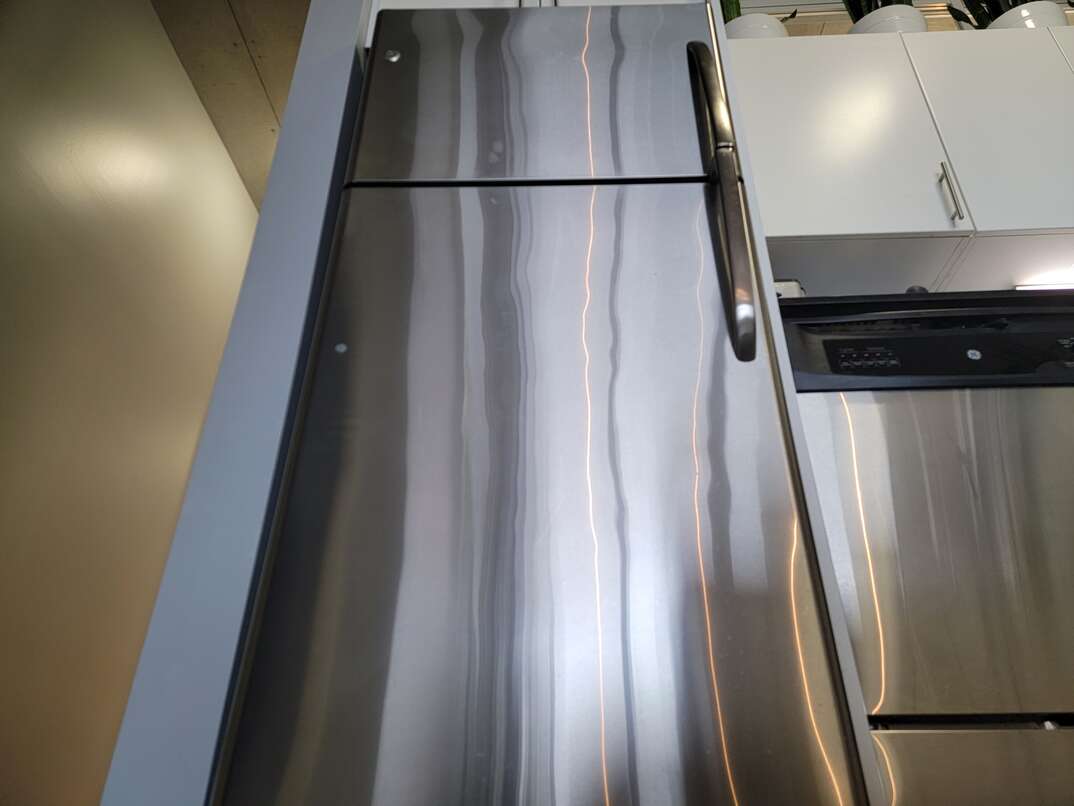
Signs a Fridge May Fail or Leak
Unexplained temperature fluctuations, noisiness, ice buildup and condensation can all be signs that your refrigerator isn’t performing as well as it should. Other things to check on before you notice a major leak include the level of the fridge, the state of the defrost drain and the functionality of the water dispenser and ice maker — all of which can foretell a leaky fridge down the line.
Leaky Refrigerator No More
A leaking refrigerator can be scary, especially when the fridge is leaking water from the bottom without you knowing why. But with a little troubleshooting, you may well solve the issue on your own without needing to call a plumber. And once the issue is fixed, remember to pay attention to all those small signals your fridge may be sending you before a puddle has formed at your feet.
